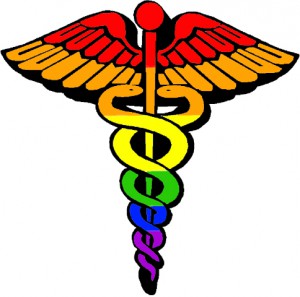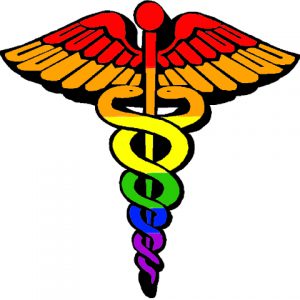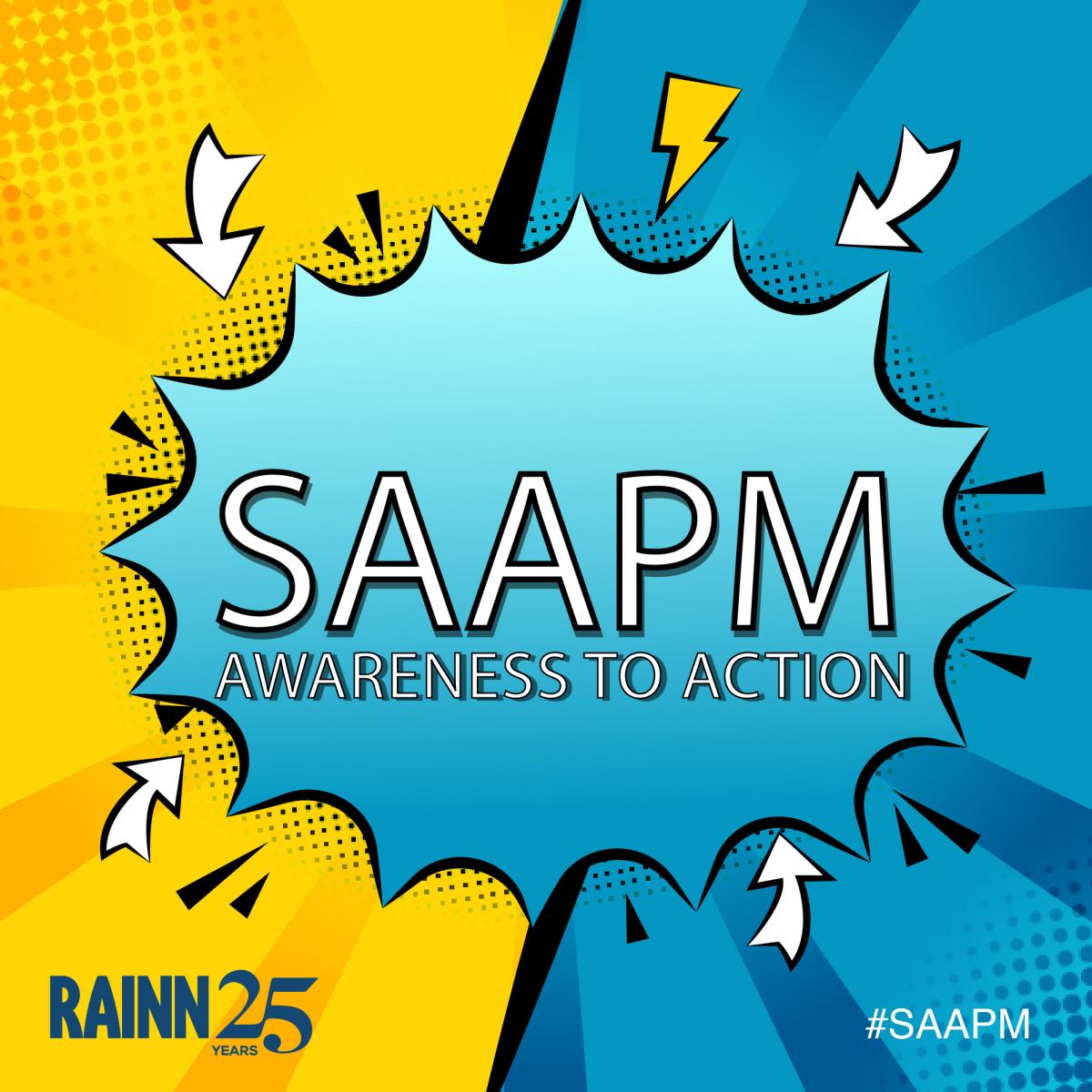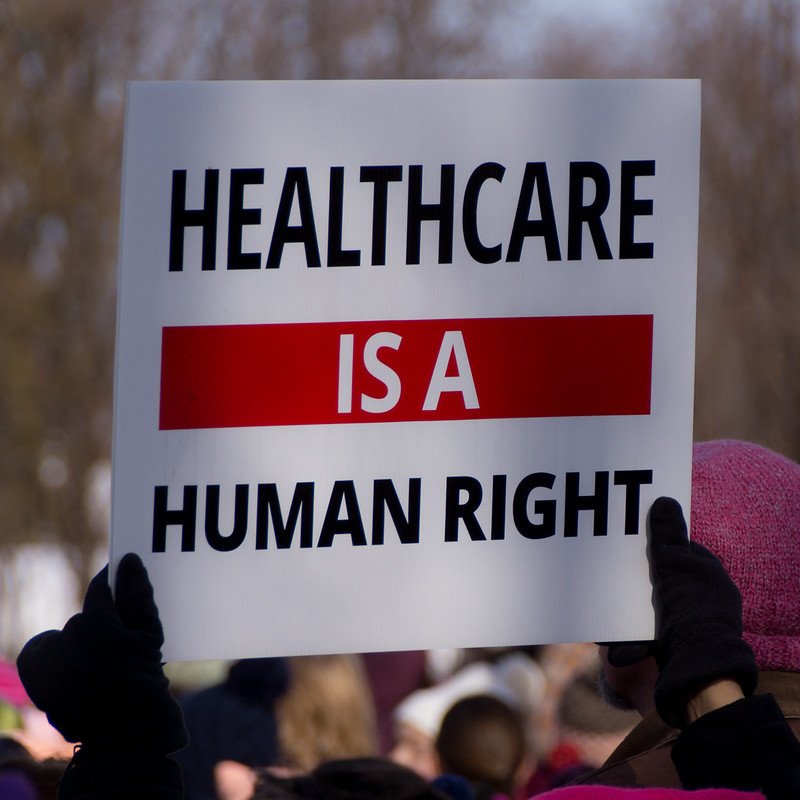Last Updated on February 6, 2020
The last week of March has been LGBT Health Awareness Week since 2003. We have gone over some of the barriers to healthcare for some of the transgender community in previous blog posts, but it remains important to bring awareness to the unique healthcare needs of lesbian, gay, bisexual, and transgender people and the health disparities that continue to beleaguer the lives of so many Americans.
 A report by the Institute of Medicine found that fear of discrimination causes many LGBT people to avoid seeking out medical care. This compromises an entire community of lesbian, gay, bisexual, and transgender individuals who are at increased risk for several health threats when compared to heterosexual or cisgender peer groups: Gay men are at higher risk of HIV and other sexually transmitted infections; lesbians are less likely to get cancer screenings; transgender individuals are among the least likely to have health insurance along with risks from hormone replacement and atypical cancers. Even as youths, LGBT people are at higher risk of violence, depression, substance abuse, homelessness, and other suicide-related behaviors.
A report by the Institute of Medicine found that fear of discrimination causes many LGBT people to avoid seeking out medical care. This compromises an entire community of lesbian, gay, bisexual, and transgender individuals who are at increased risk for several health threats when compared to heterosexual or cisgender peer groups: Gay men are at higher risk of HIV and other sexually transmitted infections; lesbians are less likely to get cancer screenings; transgender individuals are among the least likely to have health insurance along with risks from hormone replacement and atypical cancers. Even as youths, LGBT people are at higher risk of violence, depression, substance abuse, homelessness, and other suicide-related behaviors.
The Affordable Care Act (ACA) has helped over 10 million Americans gain insurance. The ACA also prohibited health insurance marketplaces from discriminating on the basis of sexual orientation and gender identity. The 2015 Supreme Court ruling of Obergefell v. Hodges recognizing marriage between gay and lesbian couples throughout the United States led to more married couples to access their spouse’s health insurance, but also had the effect of cutting some domestic-partner benefits to unmarried couples offered by employers.
Despite steps taken, the LGBT community still ranks among the most underserved populations in terms of healthcare. Homophobia and stigma can negatively impact one’s ability to receive suitable care. Over 27% of transgender people in the US report being denied health care. Mental health is a major concern for LGBT individuals often dealing with physical or emotional abuse, body dysmorphia, depression, or feeling unsafe at school or work, and there are still areas of the United States where finding sympathetic and appropriate help can be prohibitively difficult.
For those who have experienced discrimination, the National Center for Transgender Equality has information on steps that can be taken to notify the US Department of Health and Human Services. This information is important for any member of the LGBT community who have been discriminated against in their search for healthcare. If you are looking for a LGBT-friendly medical center, the Human Rights Campaign (HRC) has an interactive map with locations of over 1500 healthcare facilities. The HRC also has information on finding insurance for transgender-related healthcare, which can be a challenge for many transgender people even after the ACA.
To further help those in need, NeedyMeds has a growing list of programs in our Diagnosis-Based Assistance database for transgender/gender non-conforming people that offer various forms of assistance such as financial aid or legal services. NeedyMeds’ unique crowdfunding platform HEALfundr is also available for individuals trying to raise funds for their transition and other members of the LGBT community to receive appropriate healthcare. For more information, call our toll-free helpline at 1-800-503-6897 (open 9am to 5pm ET, Monday through Friday).





